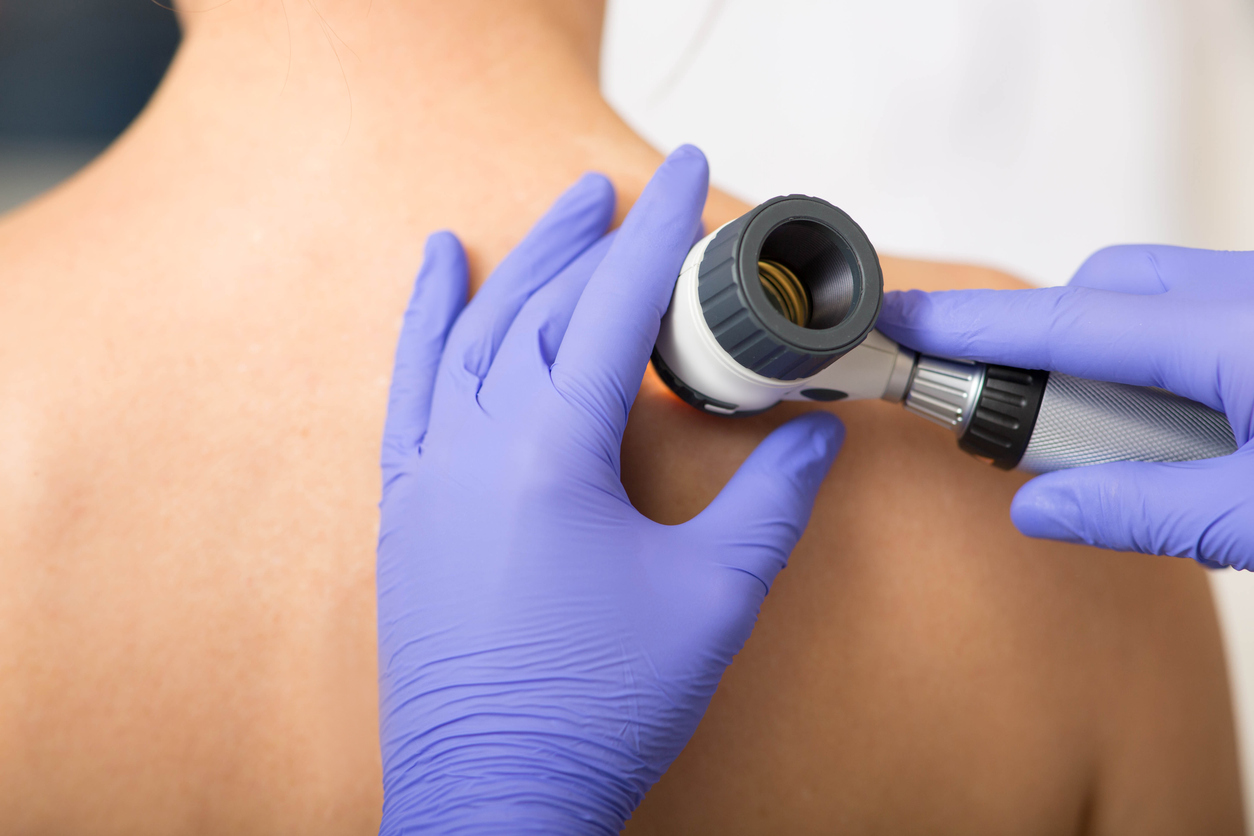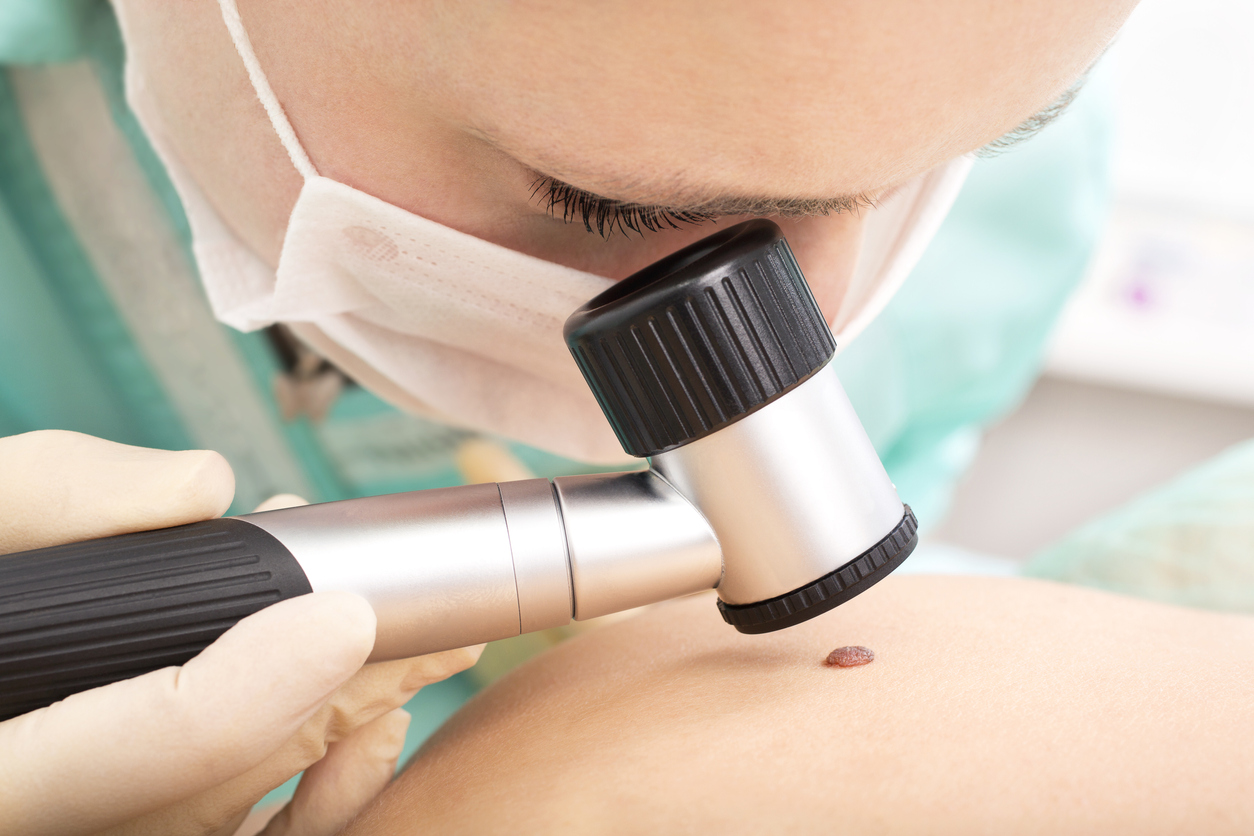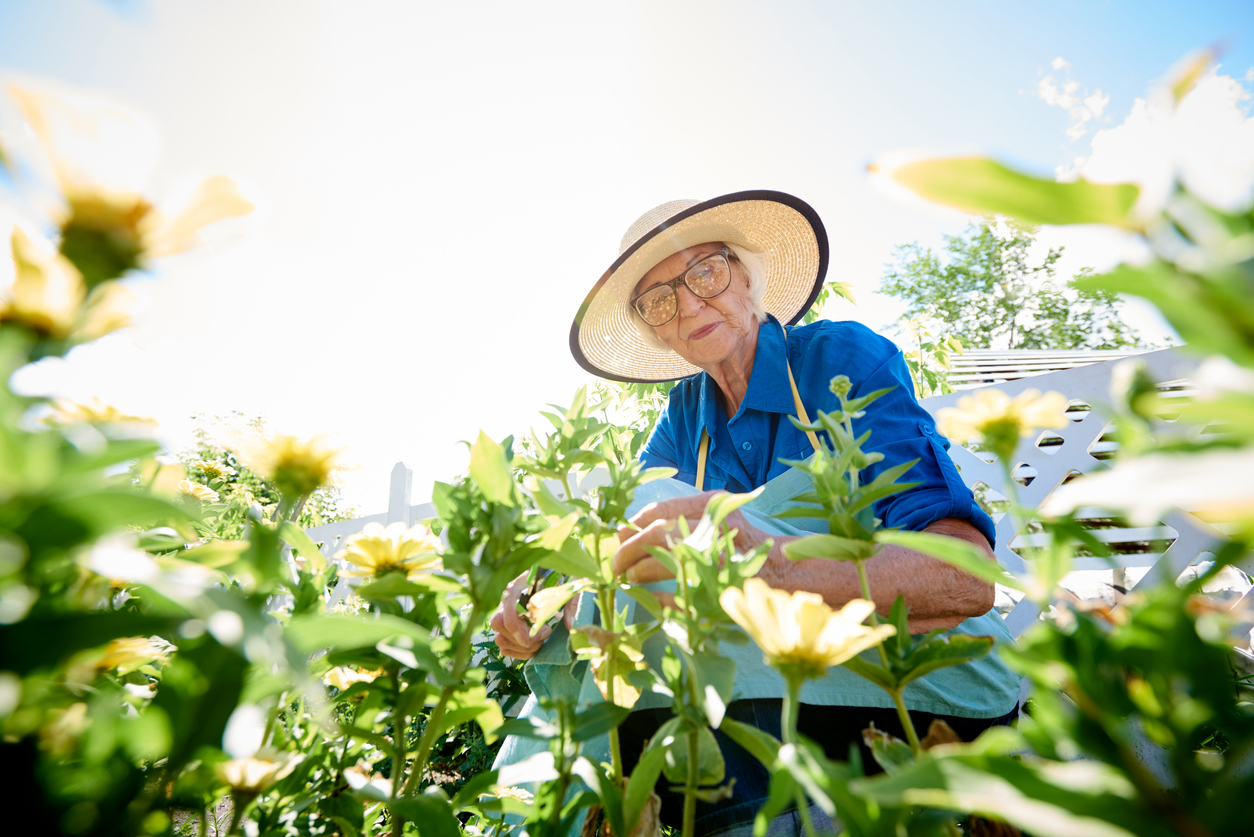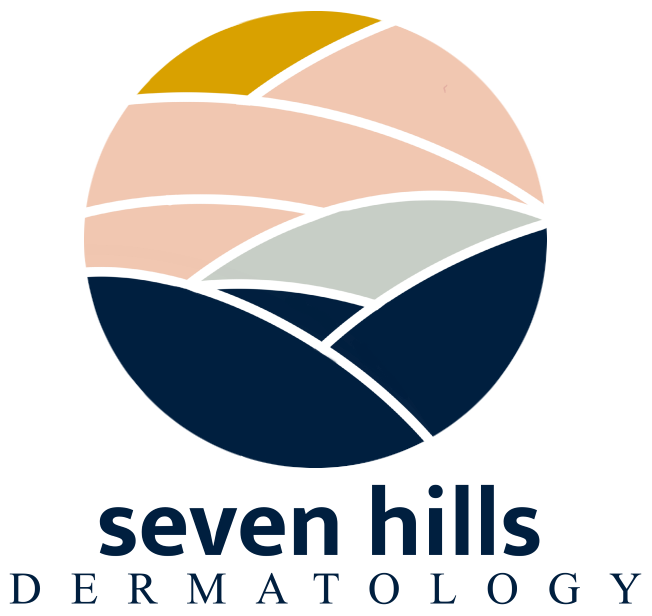Skin Cancer Screenings
in Lynchburg, VA
Skin Cancer Screenings
in Lynchburg, VA

The Importance of Skin Cancer Screenings
The method of evaluating an individual for signs and symptoms of skin cancer is through a skin cancer screening. The screening is beneficial in the early detection of cancer, therefore any lesions or suspicious moles may be caught in the initial stage. Early detection of skin cancer offers more effective treatment and a better overall prognosis.
Skin cancer screenings are a preventative measure for early diagnosis to enable early management of any cancerous growths stopping the progression of the disease. Screenings also aid in identifying individuals with increased risk factors.
Skin cancer screenings are typically comprised of:
- Skin examination
- Biopsy
The results from the screening test will help identify benign skin lesions, precancerous skin lesions that may require removal or watching, as well as detection of melanoma.
Skin Cancer Screenings
The most common forms of skin cancer are basal cell carcinoma and squamous cell carcinoma. Each year, more than one million people in the United States are diagnosed with these skin cancers, which are known as non-melanoma skin cancers. Dermatologists are able to detect most non-melanoma skin cancers early, when they are highly curable.
Melanoma is the most serious form of skin cancer, accounting for approximately 76,000 cases in 2016 according to the American Cancer Society. As with all skin cancers, early diagnosis and removal results in consistently better outcomes for patients.
The American Cancer Society recommends a skin self-exam be performed once a month. You should be familiar with the pattern of moles, freckles and other marks on your skin so that you will notice any new moles or changes in existing moles.
Most doctors and other health care professionals will perform skin exams during routine annual check-ups. If your primary care doctor finds anything unusual, he/she may refer you to a dermatologist.
At Seven Hills Dermatology, we are dedicated to providing the highest level of skin cancer screenings and routine skin examinations. Our primary goal is to accurately diagnose and treat/remove skin cancer before it becomes a concern. Dr. Bohrnstedt is passionate about early detection of melanoma and other skin cancers.


Benign Skin Lesions
Most skin lesions will be benign or noncancerous. Some types of benign skin lesions include:
- Freckles
- Moles
- Skin tags
- Seborrheic keratoses
Most moles appear in early childhood and during the first 25 years of a person’s life. Having between 10 and 40 moles by adulthood is within the normal range. As you age, your moles may change as well. You may also collect more freckles throughout life with each sun exposure.
Skin tags are benign lesions that occur with age and weight gain. They are usually found on the neck, chest and armpits in the elderly population. Seborrheic keratoses are benign warty growths that occur on the chest, back and head. These growths are not harmful and therefore do not need to be treated, however if they are irritated by clothing your dermatologist can remove them.
Actinic Keratosis
Actinic keratosis (AK), sometimes called solar keratosis, is a precancerous skin condition caused by chronic overexposure to the sun. Described as small, rough, scaly spots, they may range in color from flesh-colored to pink or red. Actinic keratosis is usually found in people over the age of 50 and on the most sun-exposed areas of the body such as the back of the hands, face, neck, lips, ears and arms. In general, most AKs do not become cancer; however, dermatologists recommend treating them prophylactically.

